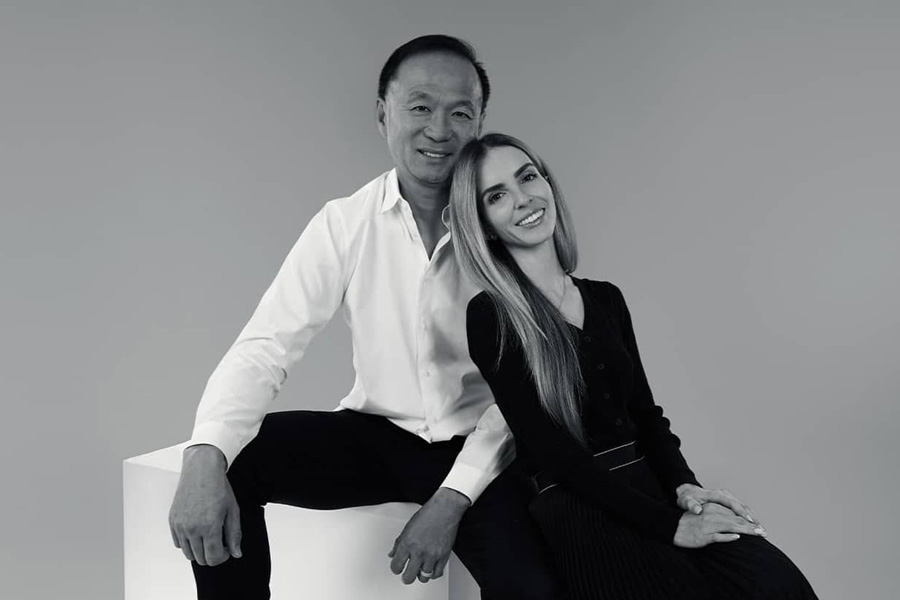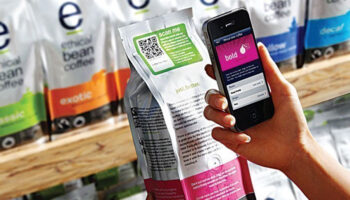Dating today is more accessible than ever, yet disappointment feels just as common, if not more so. Despite endless swiping, curated profiles, and algorithmic matches, many people still find themselves returning from first dates with an unshakable sense of disconnection. The reasons vary: miscommunication, lack of chemistry, emotional unavailability. But beneath the surface, there is a more subtle, often invisible cause. Brandon Wade, founder of Seeking.com, known for reimagining how people date through intentional design, believes that cause has little to do with compatibility and everything to do with self-honesty.
Wade argues that before we meet someone else, we must face ourselves. And for many, that’s the hardest part. Modern dating culture tends to emphasize visibility, attraction and strategy. What it rarely emphasizes is clarity, the kind that starts with acknowledging what we genuinely want, what we’re ready for and what we’re unwilling to compromise on.
Why Disappointment Feels So Familiar
Most dating frustration doesn’t come from a lack of options. It comes from a lack of alignment. People enter relationships hoping to feel seen, heard and valued. But when their initial connection is based on a version of themselves they don’t fully recognize, or even want to be, it becomes difficult to sustain the bond.
We’re often taught to present only our most appealing traits and hide the parts of ourselves that feel less polished. But in doing so, we distort the very foundation of intimacy. If someone is drawn to an edited version of us, how can the relationship deepen over time?
The truth is that many people often aren’t let down by others. Instead, they are disappointed by the distance between their real needs and the decisions they make to avoid facing them.
Self-Honesty as the First Filter
The most overlooked part of dating is not who we meet; it’s who we are when we show up. Are we dating to fill space or to build something real? Are we clear on our boundaries, or are we hoping the right person will magically know them? Do we want companionship, validation or commitment?
Self-honesty is not a trend. It’s a foundation. And without it, even the most promising match will start to feel hollow. Wade observed this disconnect not just in others, but in himself. Earlier in his life, he had followed patterns that looked successful but left him feeling unfulfilled. The turning point came when he stopped blaming the process and began examining his intentions.
That insight led to the design of a platform that prioritizes honesty and authenticity over convention.
When a Platform Reflects a Philosophy
Brandon Wade’s Seeking.com was born out of both frustration and curiosity. Frustration with the way traditional dating apps encourage superficial interactions and curiosity about what would happen if people were led with transparency from the start.
Rather than asking users to conform to a one-size-fits-all model, the platform encouraged individuals to define what they were looking for: emotionally, practically and personally. It empowered them to bring those truths forward, not hide them. Brandon Wade explains, “People don’t realize that the reason they’re unhappy with love is often because they haven’t been honest with themselves first.”
That kind of honesty doesn’t just help people avoid mismatches. It helps them better understand what they need, what they can offer and what they’re not ready for.
The Cost of Avoidance
Avoidance is subtle. It shows up as optimism that things will “work themselves out,” as hesitation to ask the uncomfortable questions, as settling for “almost right” instead of walking away. But the longer people stay in situations that don’t align with who they are, the harder it becomes to trust themselves again.
Self-betrayal is exhausting, and it’s often the quiet root of the burnout so many feel after months or years of trying to find love in digital spaces. It’s not that the people they’re meeting are wrong; it’s that they’re starting the conversation from a place of uncertainty, even within themselves.
Naming your truth doesn’t guarantee the perfect partner. But it does guarantee you won’t lose yourself trying to become who someone else wants.
Moving from Reactive to Reflective
There’s a significant difference between reacting to chemistry and responding to compatibility. Chemistry might draw you in, but compatibility is what carries you forward. Self-honesty is what allows you to recognize the difference.
For Wade, learning to recognize that difference meant reworking his approach to love. It meant acknowledging the times he had compromised clarity for comfort or strategy for simplicity. It meant being willing to show up, not as a performance, but as a person.
His experience reminds us that successful relationships are not built by hiding one’s edges. They’re built by revealing them with care.
Clarity Does Not Mean Control
One of the biggest misconceptions about being transparent in dating is that it makes the process rigid or transactional. But it isn’t about control; it’s about direction. It tells others, and yourself, what you’re open to, what you’re working through and what you want to build.
It invites a more honest kind of connection. One where people don’t have to second-guess intentions or decode emotional signals. They can show up knowing they’re engaging with someone who values directness over performance.
That kind of connection doesn’t eliminate uncertainty, but it does eliminate unnecessary confusion.
Why Disappointment Can Be a Signal, Not a Setback
Disappointment hurts. But it can also be a prompt. A signal that you’re outgrowing old patterns or that something inside you is asking for a different kind of love. When you stop interpreting disappointment as failure and start seeing it as feedback, the entire process begins to change.
Instead of retreating or repeating, you reflect. You pause and ask: Was I honest about what I wanted? Did I speak my truth, or did I soften it for someone else’s comfort? Was I ready or just afraid to be alone?
These questions aren’t easy. But they’re necessary if love is going to feel like expansion instead of contraction.
The Future of Dating Starts Within
There’s no perfect app, no flawless formula. But there is a shift happening, a move toward intentionality, away from performative connection. And that shift starts with each person asking better questions of themselves.
The most powerful dating advice isn’t about what to say or when to text. It’s about getting honest with yourself about what you really want. It’s about facing the truths you’ve been avoiding and trusting that your needs are valid and that the right connection will honor them.
Brandon Wade’s work points us to a deeper place. A place where fulfillment begins not with finding the perfect partner, but with becoming honest enough to receive one.






